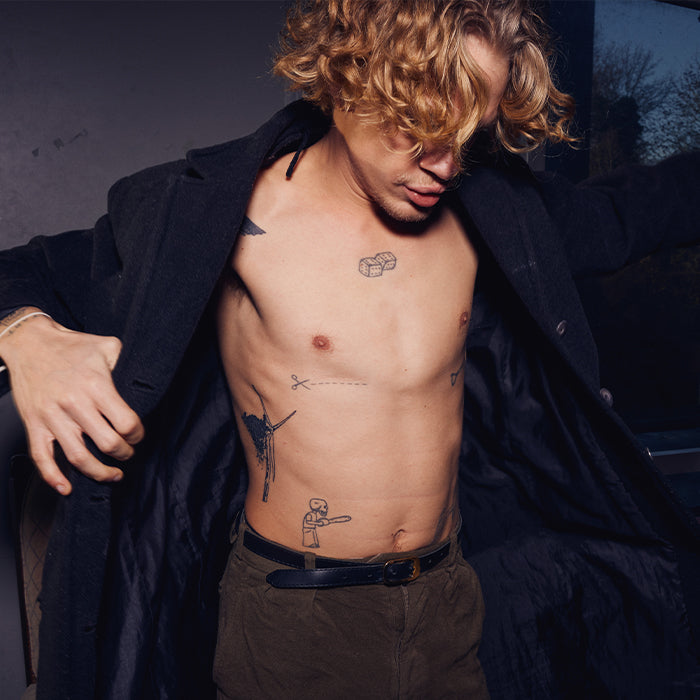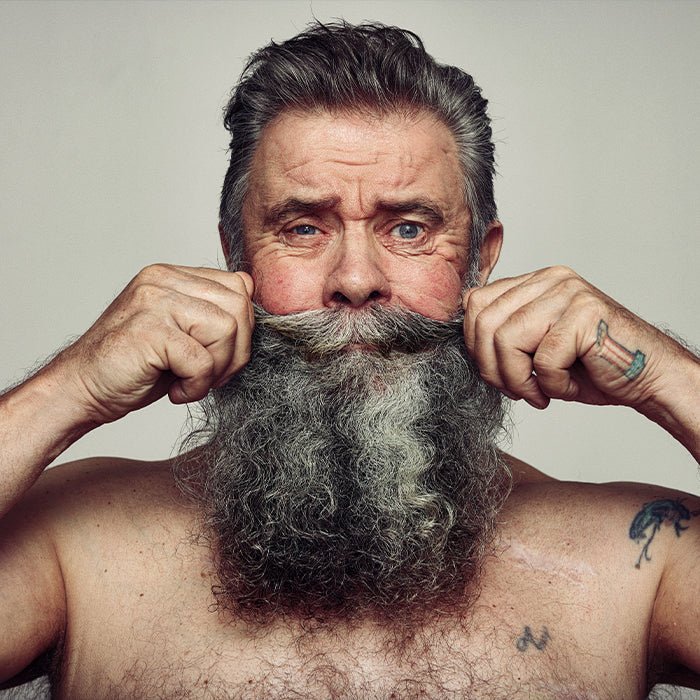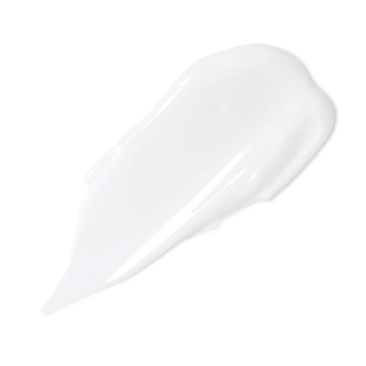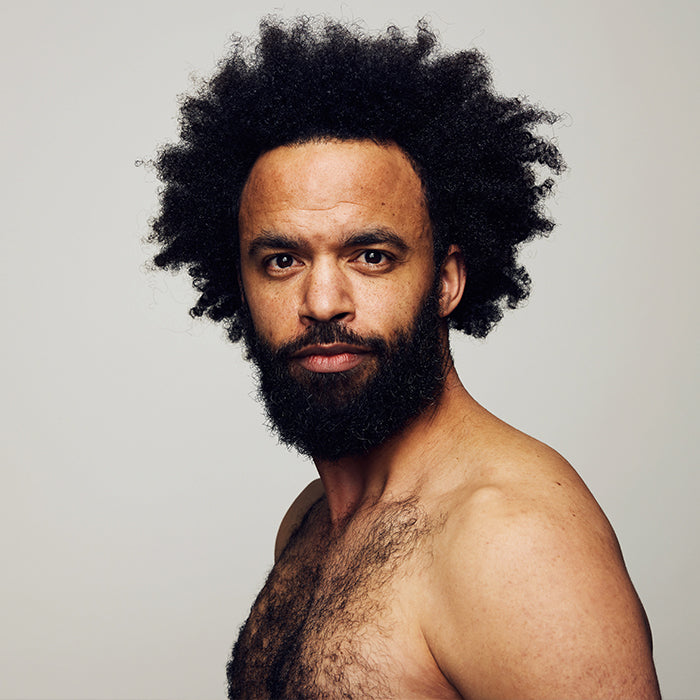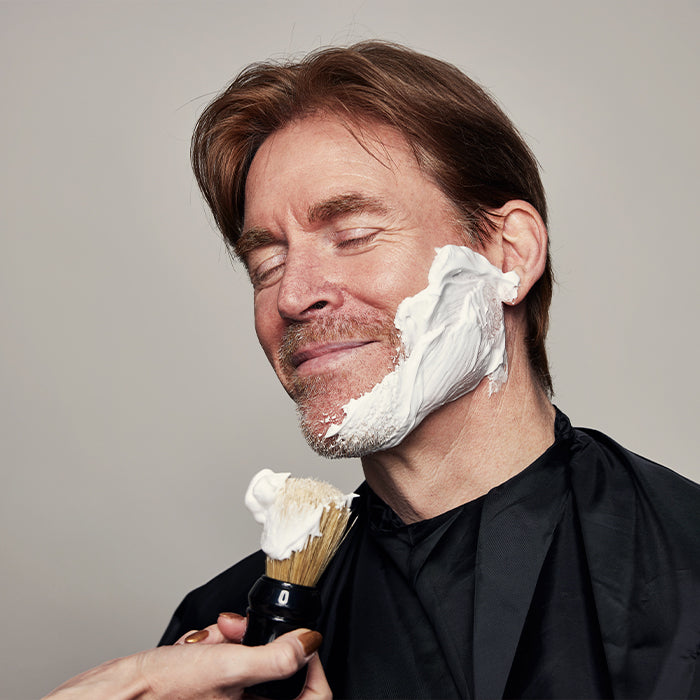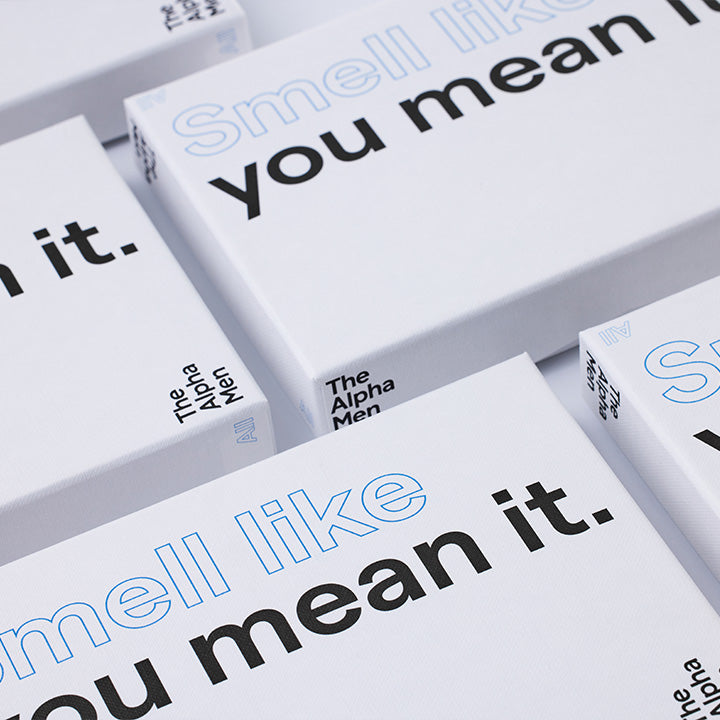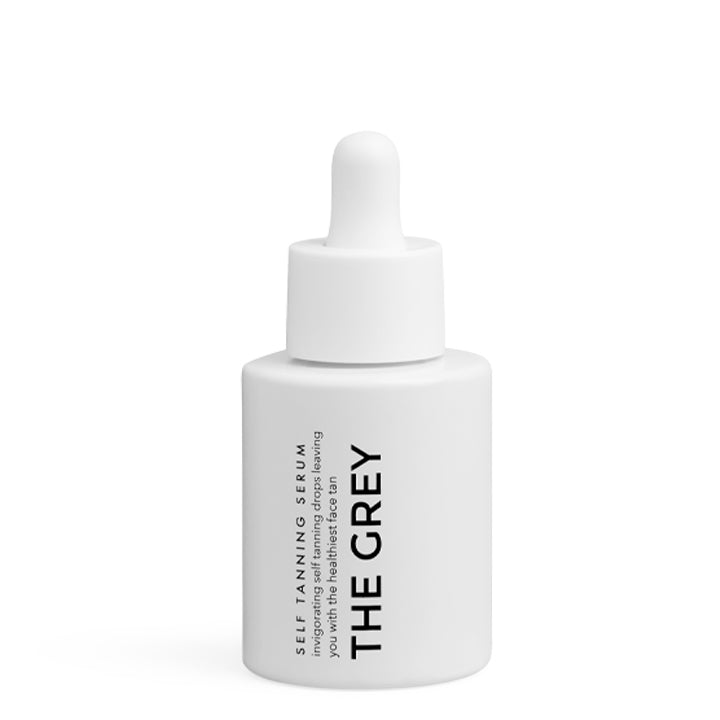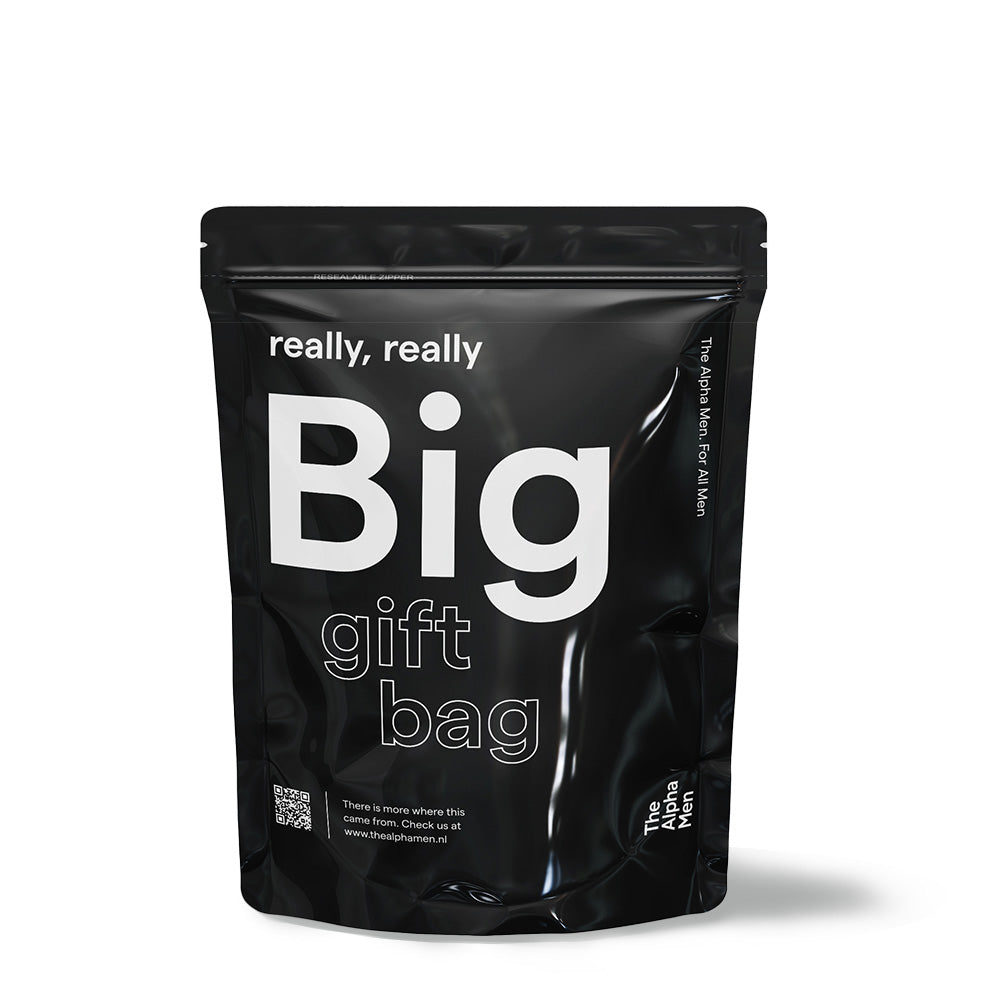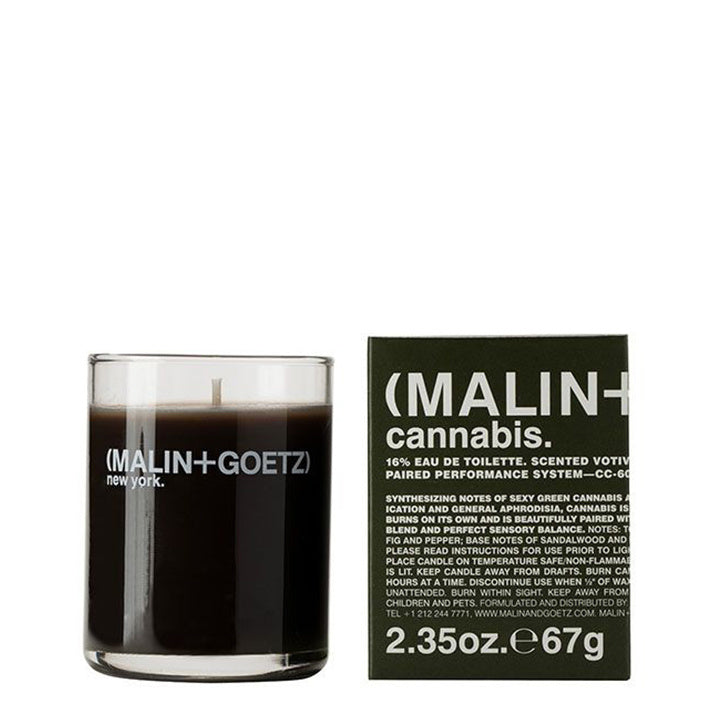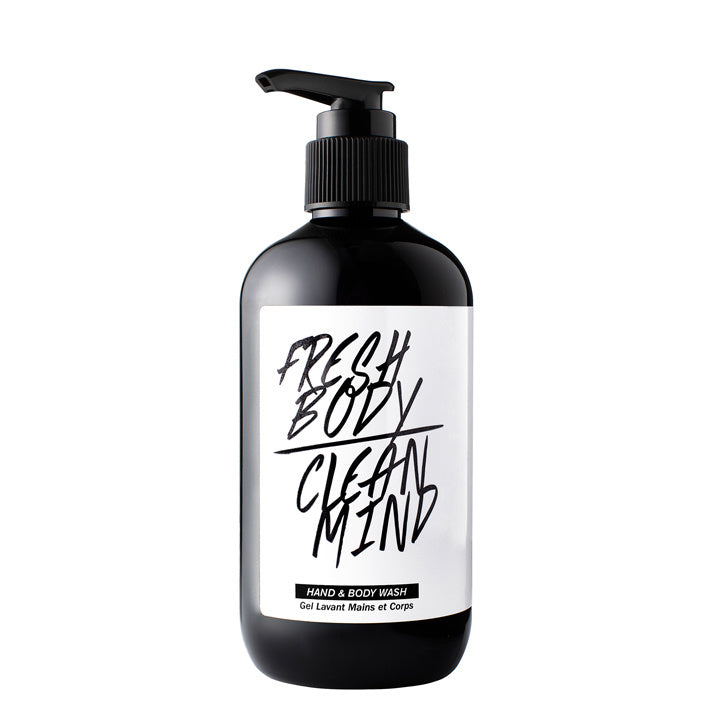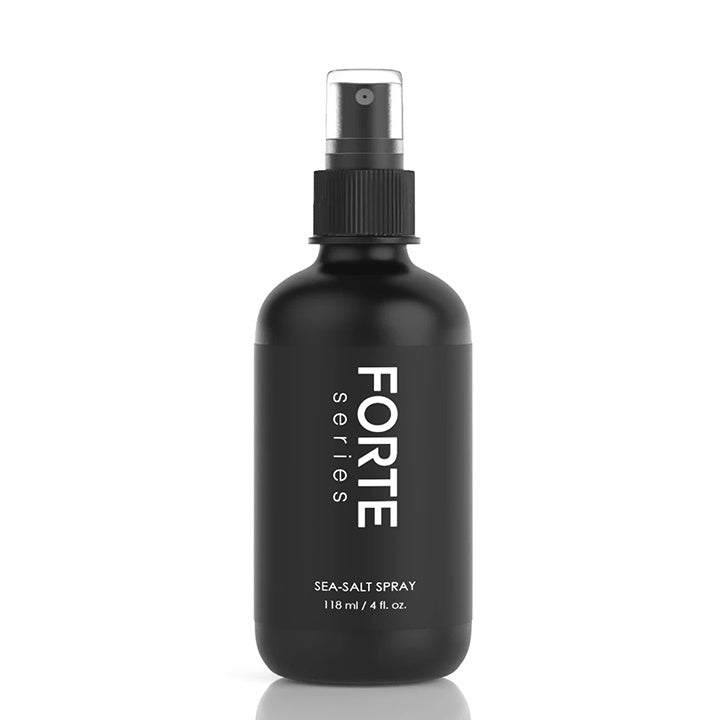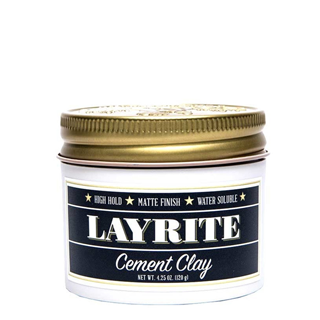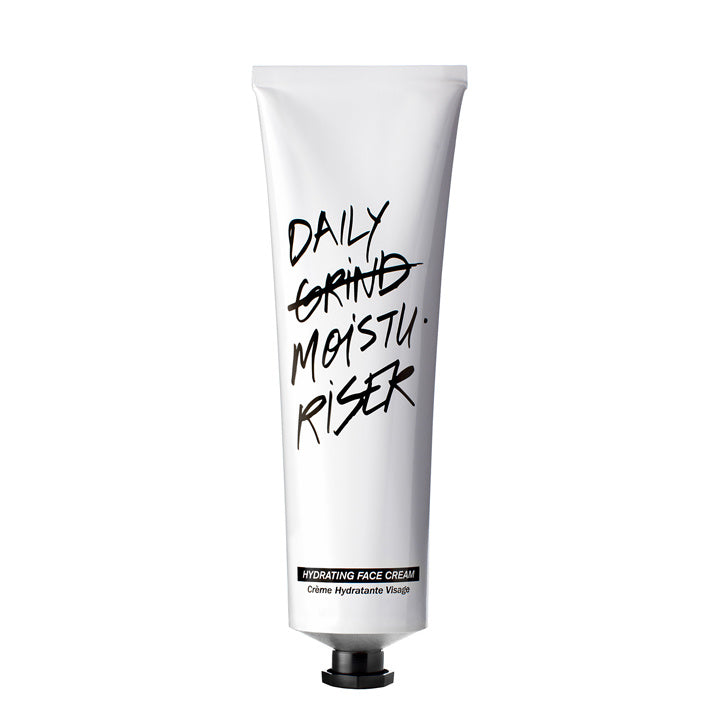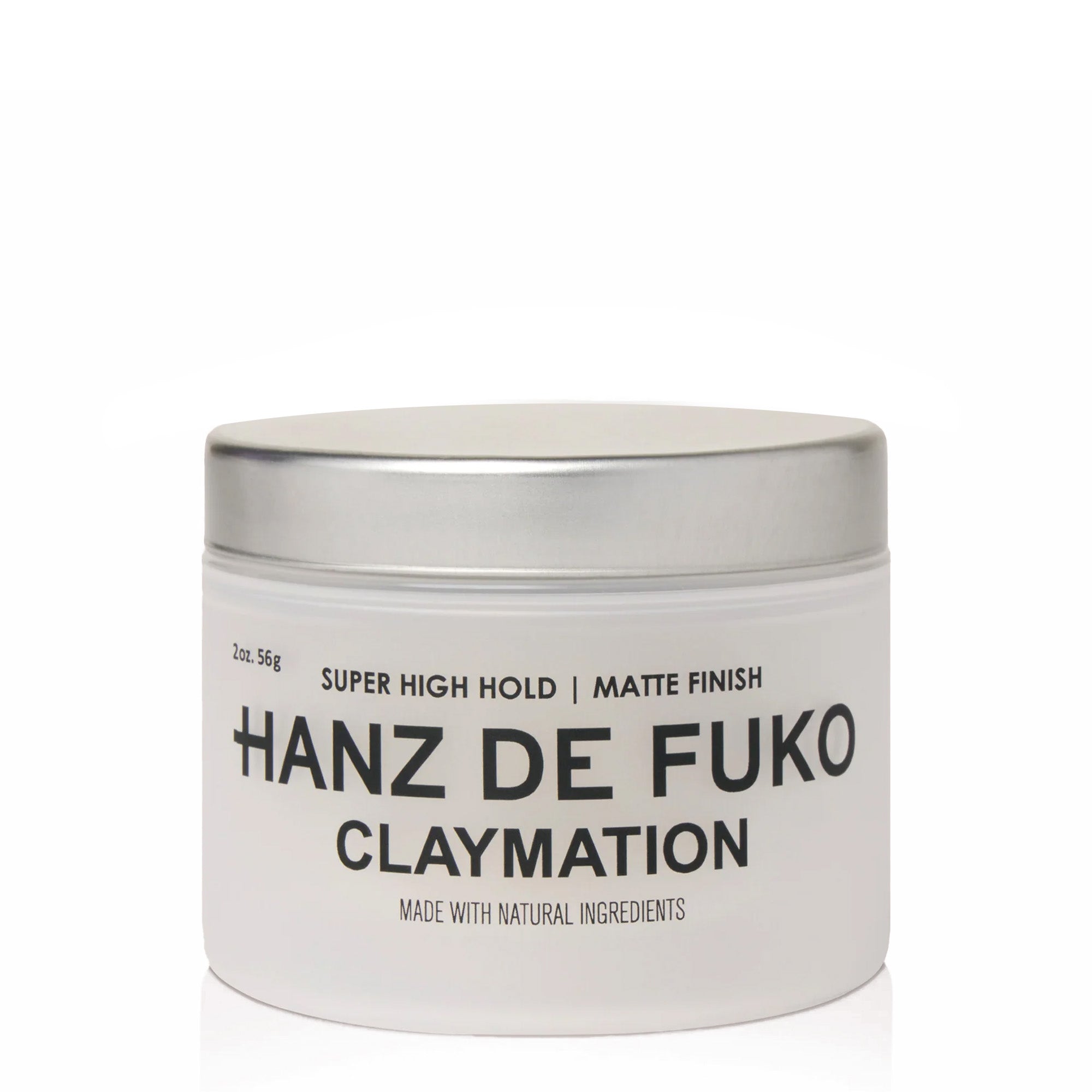Washing your hair. It seems like a breeze. Yet it is important to consider a number of things. For example, with the shampoo and conditioner you use, how you use these products and how often you apply them. In this article we tell you all about how shampoo and conditioner work and explain why it is better to choose products with natural ingredients and as few substances as possible that can harm your hair and scalp. At the end of the article you will find our advice which includes some high-quality products.
How does shampoo work?
A shampoo is made for cleaning your hair, removing dirt and natural hair grease - also known as sebum - from your hair. After using the right shampoo, your hair will feel clean and less oily again.
Types of shampoo
There are different hair types and hair conditions. Therefore, of course, there are also various types of shampoos. We highlight the five main types of shampoos for you.
Shampoos for oily hair
- Do not use shampoos that are moisturizing, smoothing or made especially for curly hair. These shampoos add too much moisture to an already oily scalp.
- Look for labels that mention volume-boosting or balancing. These shampoos are non-hydrating and are better at removing excess oil that makes the scalp oily.
- A cleansing shampoo can be your best friend if you have an oily scalp, but be careful not to overuse it. This is because it can dry out your scalp.
Shampoos for dry hair
- Avoid fortifying shampoos that give volume. These products can strip your scalp of moisture, and with a dry scalp, you want to avoid that.
- If your scalp is only slightly dry with little to no itching or flaking, look for shampoos that promote hydration.
- Avoid shampoos that contain sulfates because these harmful substances can greatly dry out your hair and scalp.
Shampoos for normal hair
With normal hair, you can basically use any shampoo. For example, for normal hair an "every day" shampoo will be ideal. This is because it does not contain excessive ingredients to combat dry, thin, greasy or hair with dandruff.
Shampoos for thin hair
Look for a thickening shampoo. Active ingredients in a thickening shampoo put a thin film on your locks that will make your hair look fuller and healthier.
Shampoos for hair with dandruff
Get a caring anti-dandruff shampoo. Such a shampoo removes excess oils, which helps control the yeast levels on your scalp and helps reduce/remove dandruff.
How does conditioner work?
While shampoo cleanses your hair and removes excess sebum and residual products, conditioner injects your hair with a much-needed moisture boost and seals the hair cuticle which then has a protective effect. Shampoo and conditioner therefore complement each other very well. Conditioner relaxes the hair fiber and softens your hair so that it will look and feel better.
It is not necessary to use conditioner daily, once or twice a week is enough, unless you notice that your hair needs more care.
Types of conditioner
There are different types of conditioners made especially for specific hair types. Below we have highlighted four of them for you.
Conditioner for oily hair
Is your hair oily? Then you still need proper hydration after shampooing. For oily hair, use a conditioner that is lightweight and contains hydrating ingredients to moisturize the hair without contributing to extra greasiness.
Conditioner for dry hair
Dry hair is brittle and prone to breakage and cracking. Dry hair may be genetic or caused by overuse of (harmful) hair care products. Dry hair can therefore benefit from frequent deep conditioning treatments with a nourishing conditioner.
Conditioner for normal hair
Do you have normal hair? Then you can basically use any conditioner. For normal hair, using a conditioner 1 weekly or 2 weekly will be sufficient.
Conditioner for thin hair
Thin hair needs a conditioner that does not weigh hair down. This will make your hair look even thinner. Do you have thin hair? Then choose a conditioner that contains a formula with aloe vera. This ensures that your hair is weightlessly hydrated, making thin hair look thicker.
How do you use shampoo and conditioner?
Importantly; don't use too much of the product. This makes you more likely to accumulate in your hair, which can make your hair oily and irritate your scalp. In addition, it is important to take the time to massage the shampoo and conditioner thoroughly through your hair. Then, rinse it thoroughly and feel carefully afterwards to make sure nothing is left behind.
How often should you wash your hair?
How often you should wash your hair depends on your hair type. For example, do you have dry hair? Then we recommend washing your hair no more than twice a week. Oily hair, on the other hand, may be washed daily. Is your hair not dry or oily? Then you are in luck and may decide for yourself when and how often you want to wash your hair.
Why are natural shampoos and conditioners better?
Shampoos and conditioners rich in chemicals strip your hair and scalp of naturally occurring oils, cause dryness and leave chemical residues in your hair. These chemicals are also absorbed by your scalp and in this way they enter your body. Obviously, this is not good for you. Some harmful ingredients that are better to avoid:
- SLS / ALES - too aggressive for the scalp, can make natural oils disappear
- Sulfosuccinates - works dehydrating
- Sulfates - work excessively drying and irritating
- Silicones - cause product build-up in your hair
- Mineral oils - can make your hair heavy and dull from build-up
- Preservatives - such as methylisothiazolinone and quaternium 15
- Formaldehyde - can cause allergic reactions, skin irritation and asthma
- Perfume - can trigger allergy and irritate the scalp
- Alcohol - dries out and can make your hair frizzy
- Parabens - such as propylparaben, benzylparaben and methylparaben
If you switch to a natural shampoo and/or conditioner, such as those from Hanz de Fuko or Doers of London, your hair may not feel clean for a while and may even become greasy after washing. This is because your scalp is making too many oils and trying to regulate itself, your hair needs some time to get used to the natural shampoo and conditioner. After a while, these discomforts will disappear and you will get a healthier looking and feeling hair in return.
Shampoo & conditioner myths
Then, of course, there are the myths about shampoo and conditioner. Below we've laid out some of these myths for you, quickly forgotten!
- Your hair gets used to using shampoo and/or conditioner
- Your hair will fall out if you use shampoo or conditioner too often
- Shampoo and conditioner should always match each other
- An ingredient that is good for your skin is also good for your hair
- Daily washing with shampoo and/or conditioner will damage your hair
Product recommendation from The Alpha Men
Hanz de Fuko Natural Shampoo
A bestseller for a reason! The Natural Shampoo from Hanz de Fuko, the most luxurious cleansing for your hair, made from pure plant extracts and more than 10 amino acids. For obtaining the most healthy hair with a natural shine. The formula of this shampoo is all-natural and consists of 16+ plant extracts and 10+ amino acids.
Patricks SH1 Daily Thickening Shampoo
Want to make your hair look thicker? Patricks ' SH1 Thickening Shampoo strengthens hair from the first wash and makes hair look thicker and fuller. Ideal for thin to normal hair. The Shampoo swells the hair root making your hair look fuller without weighing it down.
Hanz de Fuko Natural Conditioner
100% natural! The Natural Conditioner from Hanz de Fuko is entirely natural, the formula includes 16+ plant extracts and 10+ amino acids. The ingredients in this conditioner stimulate scalp microcirculation, strengthen the hair root and thicken the hair shaft.
Patricks CD1 Stimulating Thickening Conditioner
Thin hair? Patrick's CD1 Stimulating & Thickening Shampoo stimulates the hair and scalp, making hair thicker and fuller. Proteins in this conditioner strengthen the hair and scalp. Suitable for daily use, the conditioner creates thicker hair and a fuller head of hair.
